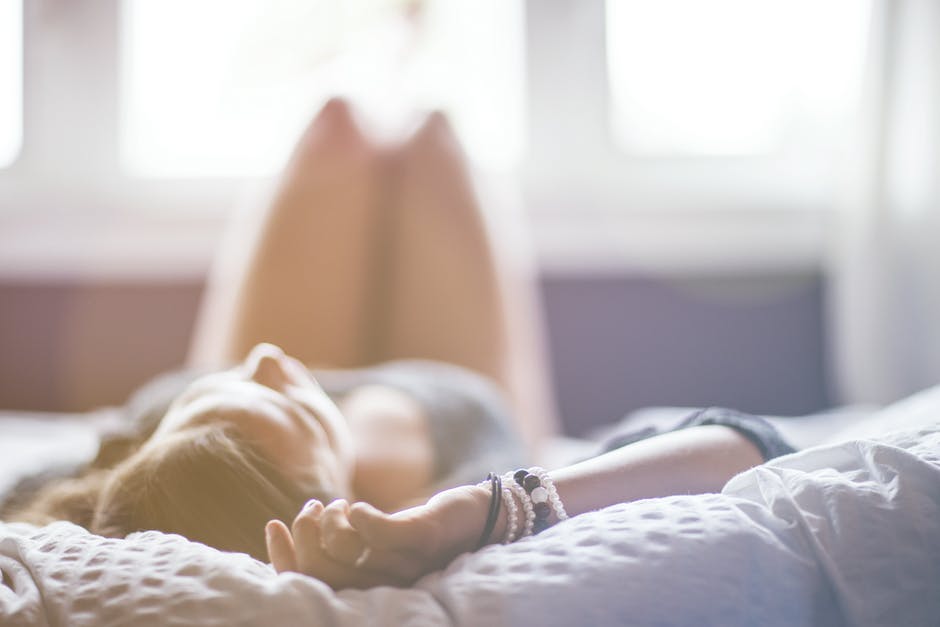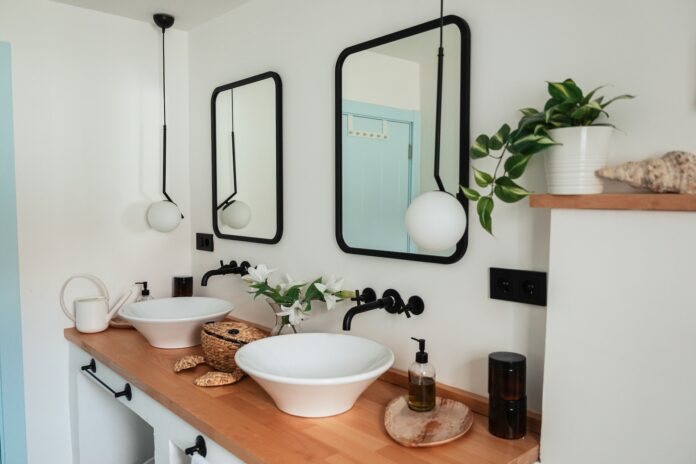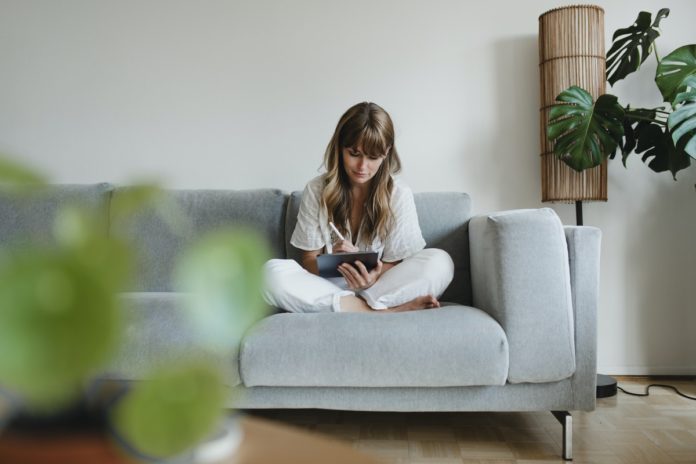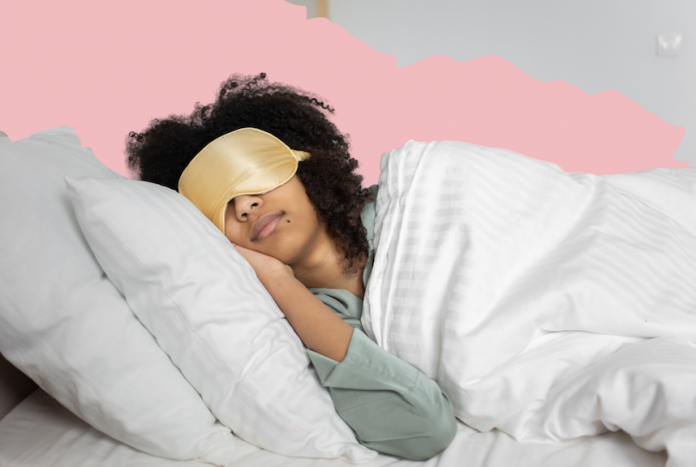A recent survey has found that the best side to wake up on is the left side of bed! Want some more tips on how to get a good nights sleep? Read below:
Wake up on the REAL right side of bed?
Did you bounce out the house full of energy this morning? No? Believe it or not it might have something to do with the side of the bed you rolled out of.
A new study by Spatone has found that people who rise from the bed on the right-hand side feel more tired than people who get out of bed on the left
A recent survey has found that the best side to wake up on is the left side of bed! Want some more tips on how to get a good nights sleep? Read below:
No More Bright Lights
You might think of it as a luxury but having a TV in your bedroom is not the best idea if you want a good night sleep. Shona Wilkinson, nutritionist at SuperfoodUK.com says:
“Establish the mood of the room that you sleep in, making it a calm and relaxing environment. This includes the colour of the walls, bed linen and décor and avoiding very bright, stimulating colours. Make sure you keep work out of the bedroom, as well as distractions like mobile phones, computers and TVs.”
Soothing Smells
When you go to bed feeling relaxed you’re more likely to wake up feeling refreshed in the morning. Dr Marilyn Glenville, the UK’s leading nutritionist and author of ‘Natural Alternatives to Sugar’ suggests incorporating scented oils into your bedtime routine:
“Try using aromatherapy oils such as bergamot, lavender, roman chamomile and marjoram in a warm bath, just before bed. A few drops of lavender oil on your pillow at bedtime can also help.”
Cut Out Sugar
Your late night snack of choice may be behind your restless nights, to keep you from waking up in the early hours, swap your snacks to something that contains complex carbohydrates. Nutritionist, Cassandra Barns suggests:
“I’d recommend a couple of oatcakes, or some rye crackers with a bit of hummus. This can give a gentle release of energy and helps us to stop waking up hungry during the night.”
If you can’t stop reaching for those chocolates, try Slissie (from £39.99, www.slissie.co.uk), to satisfy your cravings without the calories. Slissie releases tasty, appetite-suppressing flavours, from vanilla to chocolate, which can help you resist eating things you know you really shouldn’t.
Change Your Tea Bag
Swap your regular builders tea to a calming mug of chamomile tea, Marilyn says that it encourages your body to relax. Try to avoid teas like oolong as the caffeine in it may interfere with your sleep, see more details at Monicashealthmag.com
Put Back The Wine Bottle
You might think that enjoying a glass of wine before bed is one of the easiest ways to get to the land of nod but it could actually leave you waking up feeling less than refreshed. Marilyn explains:
“Avoid alcohol. Not only does it affect blood sugar levels causing adrenaline and cortisol to be released, but it also blocks the transport of tryptophan into the brain. Tryptophan is important because it is converted into serotonin, the calming and relaxing neurotransmitter.”
Nature’s Little Helper
If you’d like a little natural help to get a good night sleep, turn to nature’s tranquiliser, magnesium. Cassandra, explains:
“Many of us live hectic, stressful lives, and are more exposed to environmental and food toxins, which can make us more prone to a magnesium deficiency. Try to include dark leafy greens, nuts, seeds, fish, whole grains and bananas in your diet, which are all rich in magnesium. Alternatively, to make sure you’re getting your daily dose I would recommend taking Natures Plus KalmAssure Magnesium Powder (£24.50, www.naturesplus.co.uk), which are very easy to absorb and easily delivered to the tissues. You will see the difference after 3 months.”
Turn Down The Temperature
Normally you can’t wait to snuggle under your warm duvet at the end of the day, but that may not be the best way to get off to sleep.
A colder room can actually promote a better sleep than a warm one, with the optimum temperature being between 15 and 20 degrees.
Morning Motivation
It may be an effort to drag yourself out of bed a bit earlier to fit in a workout but it may help you have a better time snoozing the next time you see your bed. Marilyn says:
“Try to exercise early in the day. Exercise can be extremely stimulating and some women find it difficult to sleep following a late work out session.”
Just A Glass
Keeping your hydration levels up is important for your overall health but if you’re drinking a lot before bedtime it could come back to haunt you in the night. Cassandra says:
“Limit how much you drink before bed – ideally keep to no more than one glass of water (or other fluid) in the 2–3 hours before you go to bed. Avoid bladder irritants like caffeine, alcohol and spicy foods after dinner as they can encourage you to urinate more often.”






